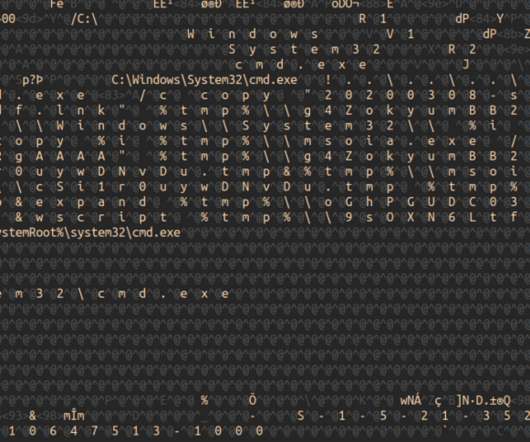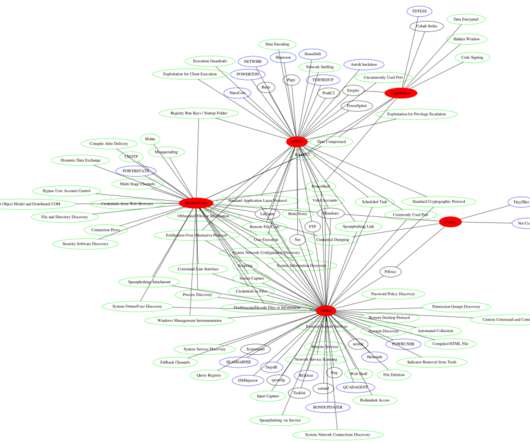University, Professional Certification or Direct Experience?
Security Affairs
SEPTEMBER 8, 2019
However she doesn’t know when the cyber attack will happen, what infrastructures the attacker will hit and what technique the attacker will use (phishing, exploiting, scam, etc). Moreover Alice is definitely not sure 100% the countermeasures she adopted will be enough strong to defeat the upcoming cyber attack.











Let's personalize your content